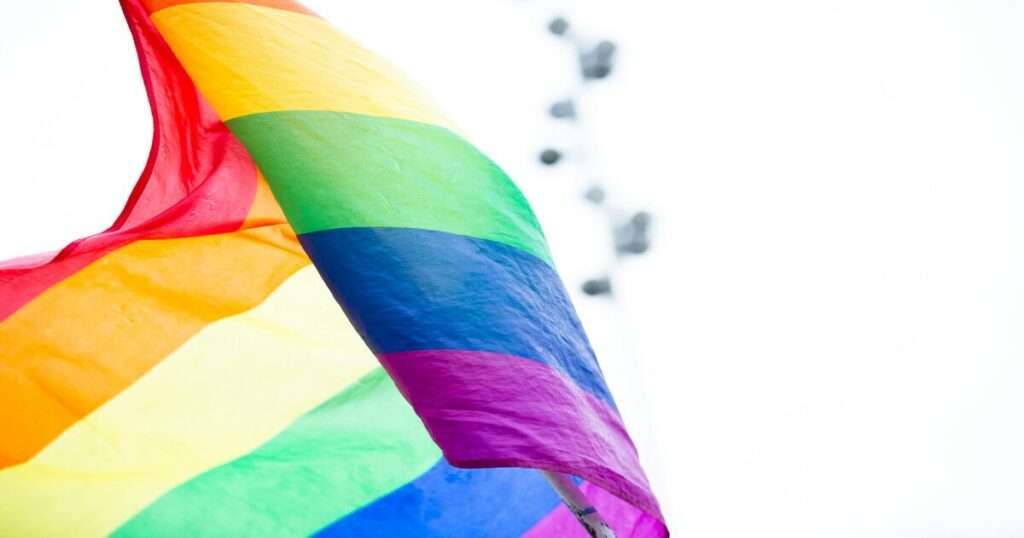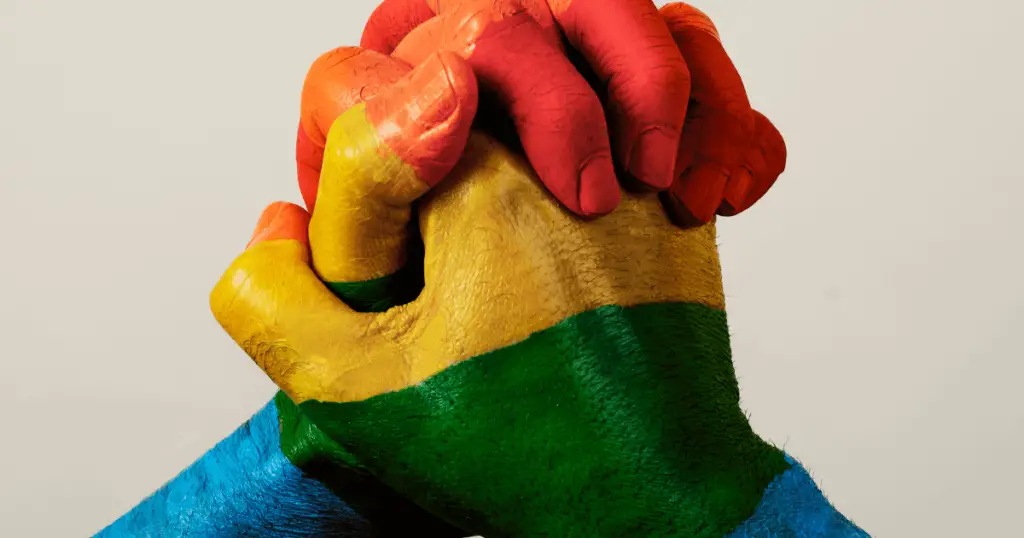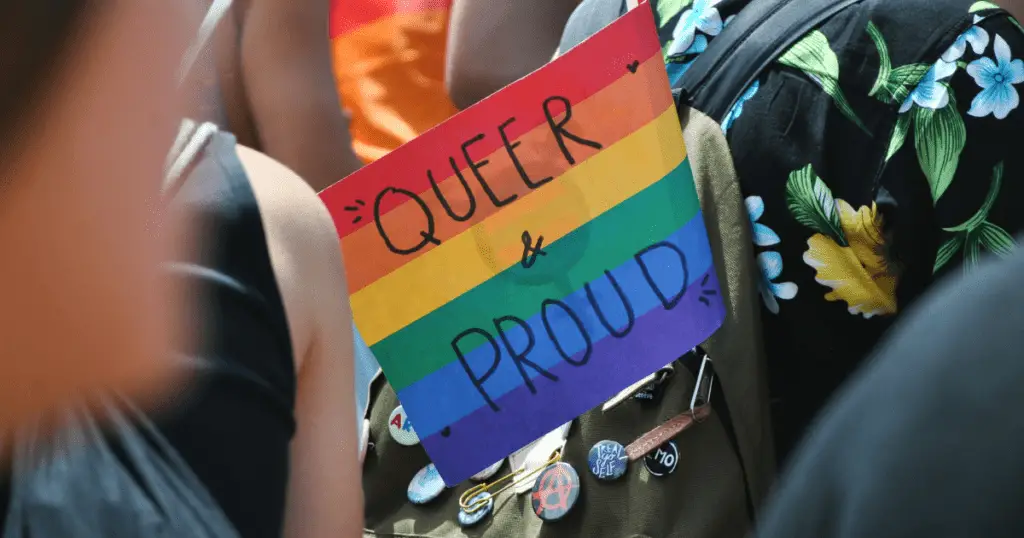The pride flag has been on display in the American embassies since Obama’s administration. Usually, it is flown during the Pride month of June, and on other days critical to the movement such as May 17, the International Day against Homophobia, and Trans-phobia.

The 1012-paged bipartisan 1.2 trillion dollar spending bill aims at banning any ‘politically affiliated’ flags from being flown in the U.S embassies. Such flags include the Black Lives Matter, the Black American Heritage, and the Pride flag. This ban effectively dismisses the flying of the LGBTQ flag in the embassies. However, individuals are at liberty to fly the flag.
The funds can and will only be used while flying specially listed flags. They are the prisoners of war/MIA flag, the District of Columbia flag, hostages and wrongful detainees flag, and state flags. Others include the flag of an Indian tribal flag, an officially branded flag of U.S. agencies, or the sovereign flag of another nation. The provision however does not extend to other grounds such as embassy grounds or offices.
Greg Casar, the progressive caucus whip, terms the ban as laughable. He says that the Republican party has stooped too low by threatening the government with financial constraints because of flag displays. Few members of the LGBTQ advocates have even down-watered the impact of the bill, saying it is a plan that will aid in the further spread of homophobia among the pride society.
The pride flag ban stems from tropes that link LGBTQ people to child abusers who are out to groom children and sexualize them. In January, Lawmakers in Florida passed a measure to ban teachers and government workers from flying any flag that portrays racism, political affiliation, or sexual preference and orientation. It shows that there has been an ongoing local call to ban the Pride flag within the U.S.
Whitehouse’s Response to Flag Ban in the Bipartisan Spending Bill
The Whitehouse is working to revert the ban. A statement by White House press secretary Karine Jean-Pierre says that the Biden administration has been fighting against the provision. It is in cohorts with Congress to revoke it. She also states that the president’s administration has successfully overruled over 50 other homophobic policies put forward by the Republicans in the funding bill.
Pierre concludes by saying that Bidens administration is focused on promoting equality and fairness to the LGBT people both at home and abroad. This tussle is the latest of many years of push and pull between the Republicans and Democrats on the display of pride flags at the embassies.
Is the Bill Significant to U.S. Citizens?
President Biden, through the White House, released a statement stating that the bipartisan funding bill he signed does not shut down the government. It invests in American citizens through strengthening their economy and national security.
It allows for the expansion of amenities critical to the people. They include; child care access, cancer research and treatment, the funding of mental health and substance use care, advancing American leadership overseas, reauthorizing the emergency plan for AIDS program ( PEPFAR), and generating resources to guard the border.
However, the bill’s impact on the LGTBQ community cannot be disregarded. The banning of the pride flag in U.S. embassies sends a harmful message to the LGBTQ people, both at home and abroad. It undermines their visibility and reinforces negative stereotypes about their identity. It also limits the promotion of diversity and acceptance, which is crucial for creating an inclusive society.
We are waiting to see how the battle between the Democrats and Republicans plays out regarding this bill. In the meantime, we must continue advocating for the rights and visibility of LGBTQ people, both in the United States and around the world. Flying a pride flag may seem like a small gesture, but it can make a significant impact on individuals who feel marginalized and oppressed. Let us continue to support and celebrate the LGBTQ community, even in the face of adversity.



